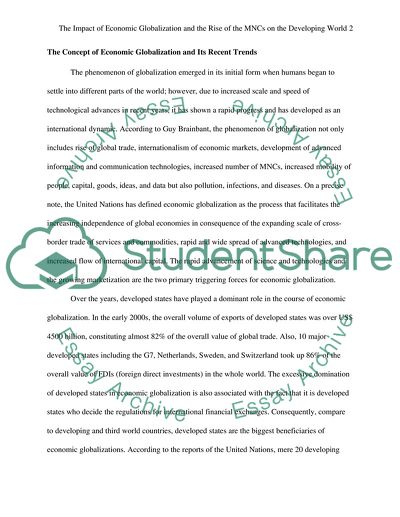Cite this document
(“The Impact Of Economic Globalization And The Rise Of The MNCs On The Essay”, n.d.)
The Impact Of Economic Globalization And The Rise Of The MNCs On The Essay. Retrieved from https://studentshare.org/social-science/1690279-the-impact-of-economic-globalization-and-the-rise-of-the-mncs-on-the-developing-world
The Impact Of Economic Globalization And The Rise Of The MNCs On The Essay. Retrieved from https://studentshare.org/social-science/1690279-the-impact-of-economic-globalization-and-the-rise-of-the-mncs-on-the-developing-world
(The Impact Of Economic Globalization And The Rise Of The MNCs On The Essay)
The Impact Of Economic Globalization And The Rise Of The MNCs On The Essay. https://studentshare.org/social-science/1690279-the-impact-of-economic-globalization-and-the-rise-of-the-mncs-on-the-developing-world.
The Impact Of Economic Globalization And The Rise Of The MNCs On The Essay. https://studentshare.org/social-science/1690279-the-impact-of-economic-globalization-and-the-rise-of-the-mncs-on-the-developing-world.
“The Impact Of Economic Globalization And The Rise Of The MNCs On The Essay”, n.d. https://studentshare.org/social-science/1690279-the-impact-of-economic-globalization-and-the-rise-of-the-mncs-on-the-developing-world.


